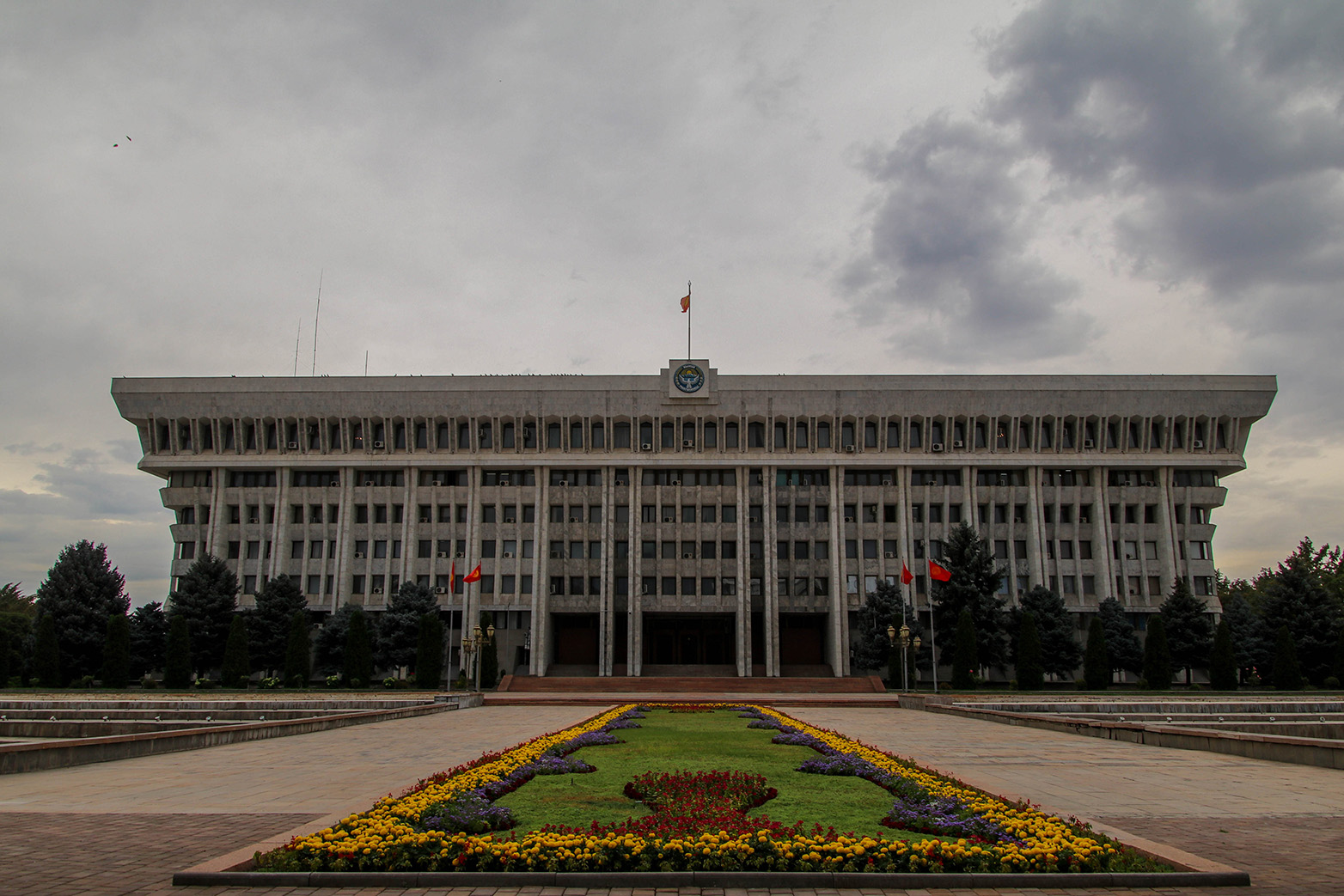Central Asia: Challenges Intensify, Geopolitics Doesn’t
Russia’s predominant role in Central Asia is set to decline after its war in Ukraine. This creates an urgency as well as an opportunity for the Central Asian states to diversify their external ties, argues Chatrina Schumacher in this CSS Blog. Many potential partners seem keen to fill some of the void, but their actual engagement remains limited. The region’s relative stability has priority which favors the ruling elites’ authoritarianism. Conversely, this may foster instability in the long run.

Russia’s invasion of Ukraine and its consequences have exacerbated the need and willingness for the Central Asian republics (CARs) – namely Kazakhstan, Kyrgyzstan, Tajikistan, Turkmenistan, and Uzbekistan – to pursue more proactive and autonomous foreign policies. Russia has been the security guarantor for the region, as illustrated by its affirmation to support Central Asian states in securing their southern borders to Afghanistan as well as the deployment of Russian troops through the Collective Security Treaty Organization after protests across Kazakhstan in January 2022. Russia’s focus on its war in Ukraine and its difficulty to assert itself there have Central Asians doubt whether Russia can still offer effective security guarantees. Given Russian interventionism and willingness to blatantly use force, some in Kazakhstan even fear they might be next.
Furthermore, the war in Ukraine and the subsequent unprecedented sanctions against Russia have led to serious negative economic repercussions for Central Asia: large depreciation of national currencies, heavy inflation, significant food insecurities due to temporary wheat export bans from Russia, and a strong decline of remittances from Russia. The latter will be especially hard for the poorer Central Asian republics, Kyrgyzstan, and Tajikistan, for whom remittances constitute up to a third of GDP.